How to help a mate with mental ill-health

CONTENT WARNING: This article contains content about mental health and eating disorders.
It’s not unusual to feel sad, stressed, angry or anxious every now and then. But, if you notice your friend is experiencing these feelings for long periods and it's starting to affect their everyday life, it’s probably time to check in. Maybe your friend has shared that they're living with a mental illness (such as depression, anxiety, personality disorder or an eating disorder) and consulting a health professional, but you want to know how, as a mate, you can best support them. Keep reading to find out how to spot the signs your friend has mental health challenges and how you can help. But remember, it’s important to check in with yourself first to make sure you're in the right head space before starting this conversation.

Spot The Signs
Everyone’s experience of mental health challenges or mental illness is different. For some, distress is triggered by a significant life event (such as losing a loved one) and for others it’s something they’ve battled with their whole life. It can be hard to know the difference between the regular 'ups and downs' of life, and mental ill-health like depression and anxiety. To help, we’ve put together some signs for you to look out for.
They’re just different: This is probably the most common phrase we hear from people when their loved one is experiencing mental health challenges. Does it suddenly seem like your friend is a different person? Have they started withdrawing when they used to be friendly and talkative? Are they snappier or more emotional? Have they started engaging in risky behaviours?
They’ve stopped showing up: Have they stopped coming to school, university, friend gatherings, sport or other activities they used to attend and enjoy? Are they cancelling last minute? Does it feel like you never see them anymore? If your friend is feeling low, they might not have the energy to socialise or might struggle to ‘put on a brave face’.
Change in appetite: Either eating more or less than usual could be another sign your friend might be struggling. Some people use food to comfort themselves when their mood is low. Others lose their appetite when they’re feeling anxious or upset. You might notice they’re purposely restricting their food, which could indicate they’re experiencing disordered eating or body image issues.
Negative talk: Whether it’s about life or themselves, do they seem more pessimistic than usual? They might use words like ‘pointless’, ‘worthless’, ‘empty’ or ‘alone’. Mental illness can have an impact on self-esteem and self-worth.
Substance use: Are they drinking more? Taking drugs? Or engaging in risky behaviours that they haven't before? When people feel down, they sometimes use substances as an effort to cope with their feelings.
Tiredness: You might see them online late at night, they’re falling asleep in class, or they’ve started saying they’re tired more often. Battling a mental illness can be exhausting physically and emotionally.



What To Say & Do
You’re already being a great friend just by wanting to be there for someone who’s dealing with mental ill-health. But we understand it can be hard to know exactly how to help and what to say. We’ve put together the below tips as a guide.
Check in: If you notice some of the signs mentioned above, check in with your friend, acknowledge what you have noticed and ask if they’re OK. You can follow our four steps to having an R U OK? conversation. If your friend isn’t ready to talk about what they’re going through, don’t pressure them. Instead let them know that whenever they’re feeling up for it, you want to listen and be there for them.
Listen actively and take their feelings seriously: If your friend is open to talking, make sure you have enough time to listen and give them your full attention. Talking about mental health challenges can be really difficult, and you might be the first person they’ve opened up to. Try to avoid phrases like ‘cheer up’, ‘it’ll work out’ or ‘forget about it’. Acknowledge that what's happening must be difficult to handle.
Learn about what they’re going through: It’s OK if you don’t know what it feels like to be in their shoes. But doing some research and finding out more about depression, anxiety or anything else your friend is going through can help you better understand what's happening and how they feel. It will also help you approach conversations empathetically.
Be a friend: When we care about someone we can jump into 'fix-it' mode, counsellor mode or parent mode – rather than friend mode. You don’t need to fix their problems. They might just want a little normality in their life which could be as simple as a vent, a movie night in and a few laughs. You could even say, ‘I want to support you as best as I can, so did you want me to help you look for solutions or did you just need a friend right now?’. They’ll appreciate you haven’t assumed what they need.
Offer practical support: Feeling low or having a million things on your mind can make everyday tasks seem impossible. Cooking, grocery shopping, transport and cleaning - all become an effort. You don’t need to do everything and make your friend feel like a burden, but you can offer to help them tick one or two practical things off their list to help them feel less overwhelmed.
Encourage them to seek professional help: Seeking professional support for mental health issues is really important. Let your friend know you’re not running away, but you think it would be helpful for them to also seek professional support (from a psychologist, counsellor, helpline) to work out what’s making them feel this way and implement strategies to help them feel better. You can even offer to help them search for the right professional.
YOU DON'T HAVE TO BE A COUNSELLOR

It’s great that you want to support your friend and be there for them. But remember, you don’t have to have all the answers – that’s a job for the professionals. It's often the case that people living with a mental illness just need a friend to be around and chat with them. If it's becoming too much for you, and you’re worried about their safety, encourage them to speak with a trusted adult or seek professional support.
Helpful Resources
Keep these resources handy for you and your friend.
ReachOut articles, tips and resources for specific mental health issues
Tips on how to help a friend with depression or anxiety
What’s your chill style? Quiz to help identify what helps you relax
Supporting a friend with depression
How to support a grieving friend by Griefline
Support lines and chat rooms: for your friend to seek professional help
Reach Out
headspace 1800 650 890 (9am – 1am AEST every day)
Beyond Blue 1300 22 4636 (24/7)
Kids Helpline 1800 55 1800 (24/7, Ages 5-25, helpline, webchat, email)
Griefline 1300 845 745 (8am – 8pm, Monday to Friday AEDT)
Butterfly Foundation for self-esteem and body image issues 1800 33 4673 (8am – midnight AEST every day)
Check out other tips to support your friend

This campaign was developed with the support of our Conversation Partner, ING Australia.






















